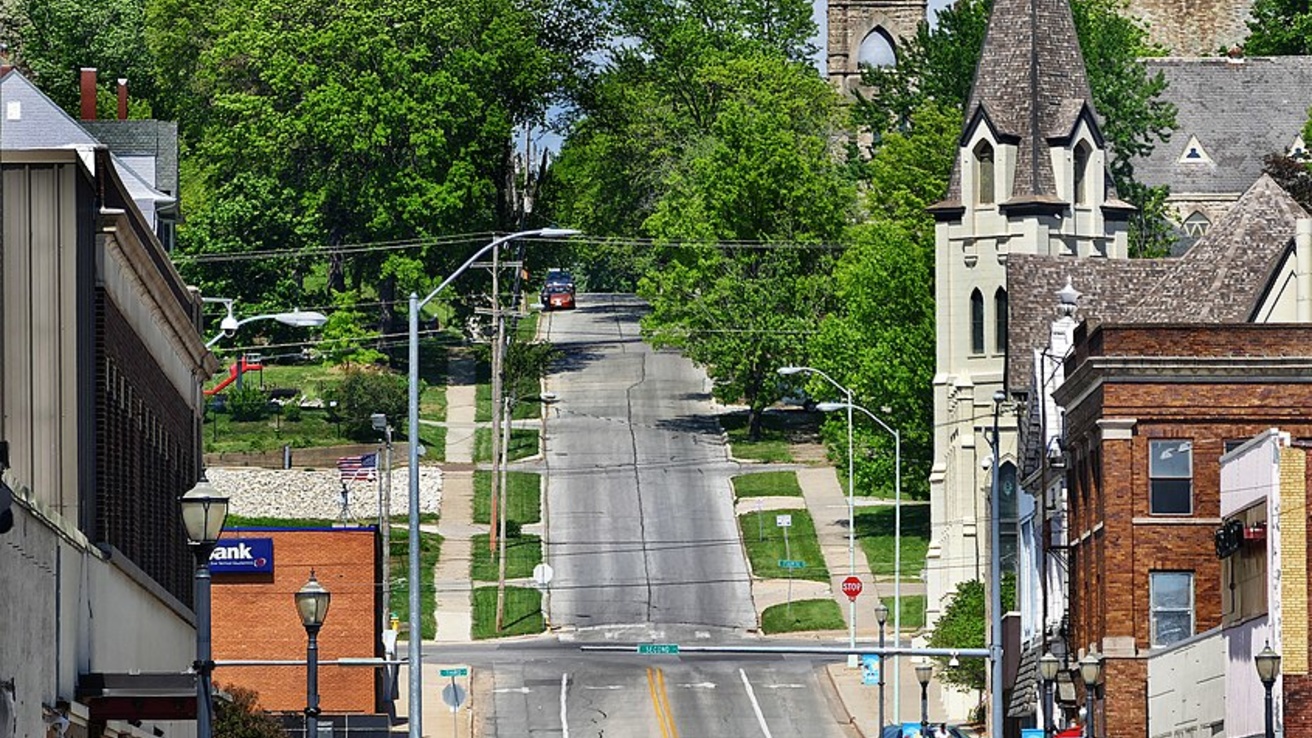
This 2022-2025 core project aims to improve micropolitan health by increasing capacity of micropolitan community leaders to identify, adapt, implement, and evaluate EBIs.
Team members:
- UIowa: Natoshia Askelson (lead), Becky Bucklin (lead), Melissa Gant, Stephanie Evett, Rima Afifi, Daniel Sewell
- PRC-RH Students:
- Partners: UI PRC-RH State Advisory Board Members
Project dates: 2022-2025
Funding sources: UI PRC-RH
Project tags: Evidence-based interventions; Community engagement
Details
Description
People living in micropolitan communities are more burdened by preventable diseases. One of the best tools for preventing diseases are evidence-based interventions (EBIs). EBIs are strategies proven to reduce negative health outcomes. Though many EBIs exist, uptake of these interventions in rural and micropolitan communities is difficult for many reasons including lack of funding, adequate staffing, and programming appropriate for rural and micropolitan communities. This project aims to increase the capacity of micropolitan community leaders to identify, adapt, implement, and evaluate EBIs. The goal is to improve health of community residents through increased adoption of EBIs. To accomplish this goal, this project has three steps:
Step 1: Look at supports and barriers to implementing EBIs in micropolitan communities. This was achieved by surveying and interviewing staff at local public health agencies and community-based organizations.
Step 2: Adapt the Putting Public Health Evidence in Action (PPHEIA) training to the supports and barriers to EBI implementation identified in step 1. PPHEIA is a training series designed by the Cancer Prevention and Control Research Network to build the capacity of community program planners and health practitioners to use EBIs to improve the health of populations.
Step 3: Test if this adapted PPHEIA training strengthens capacity of trainees to implement EBIs. To test this, we will compare knowledge, awareness, perceptions, and intentions to adopt and adapt EBIs among:
- a control group (a group that does not receive the training during the study period)
- a training only group (a group that receives the adapted PPHEIA training)
- a training and collaborative group (a group that receives the adapted PPHEIA training and participates in follow up meetings with one another to work through actionable items discussed in the training
This work builds from our efforts to provide technical assistance based on identified needs by community partners to help navigate the COVID-19 pandemic.
Resources:
- One-pager on supports and barriers to implementing EBIs - A short document summarizing findings from step 1 of this project. Information presented was gathered using a survey and follow up interviews with practitioners in micropolitan communities.
- Webpage on EBI databases - This webpage shares a collection of EBI databases that can be used to identify an EBI to fit your organization's and community's needs.
- Webpage on EBI databases by topic - This webpage is similar to the one linked above, but organizes the EBI databases by topic, making it easy to find an EBI to address a specified health topic for your organization or community.
- Adapted PPHEIA training series - This webpage contains the adapted PPHEIA training series, including links to each of the 6 training modules and helpful resources corresponding to each module.